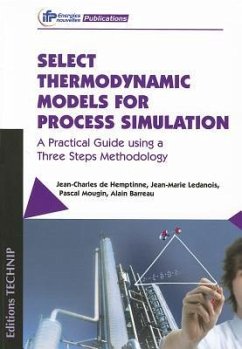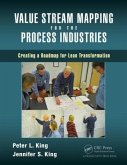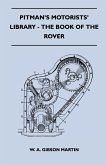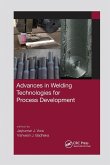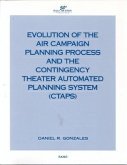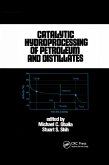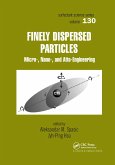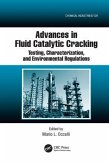The selection of the most adequate thermodynamic model in a process simulation is an issue that most process engineer has to face sooner or later. This book, conceived as a practical guide, aims at providing adequate answers by analysing the questions to be looked at. The analysis (first chapter) yields three keys that are further discussed in three different chapters. (1) A good understanding of the properties required in the process, and their method of calculation is the first key. The second chapter provides to that end in a synthetic manner the most important equations that are derived from the fundamental principles of thermodynamics. (2) An adequate description of the mixture, which is a combination of models and parameters, is the second key. The third chapter makes the link between components and models, both from a numerical (parameterisation) and physical (molecular interactions) point of view. Finally, (3) a correct view of the phase behaviour and trends in regard of the process conditions is the third key. The fourth chapter illustrates the phase behaviour and makes model recommendations for the most significant industrial systems. A decision tree is provided at the end of this chapter. In the last chapter, the key questions are reviewed for a number of typical processes. This book is intended for process engineers, who are not specialists of thermodynamics but are confronted with this kind of problems and need a reference book, as well as process engineering students who will find an original approach to thermodynamics, complementary of traditional lectures
Bitte wählen Sie Ihr Anliegen aus.
Rechnungen
Retourenschein anfordern
Bestellstatus
Storno

